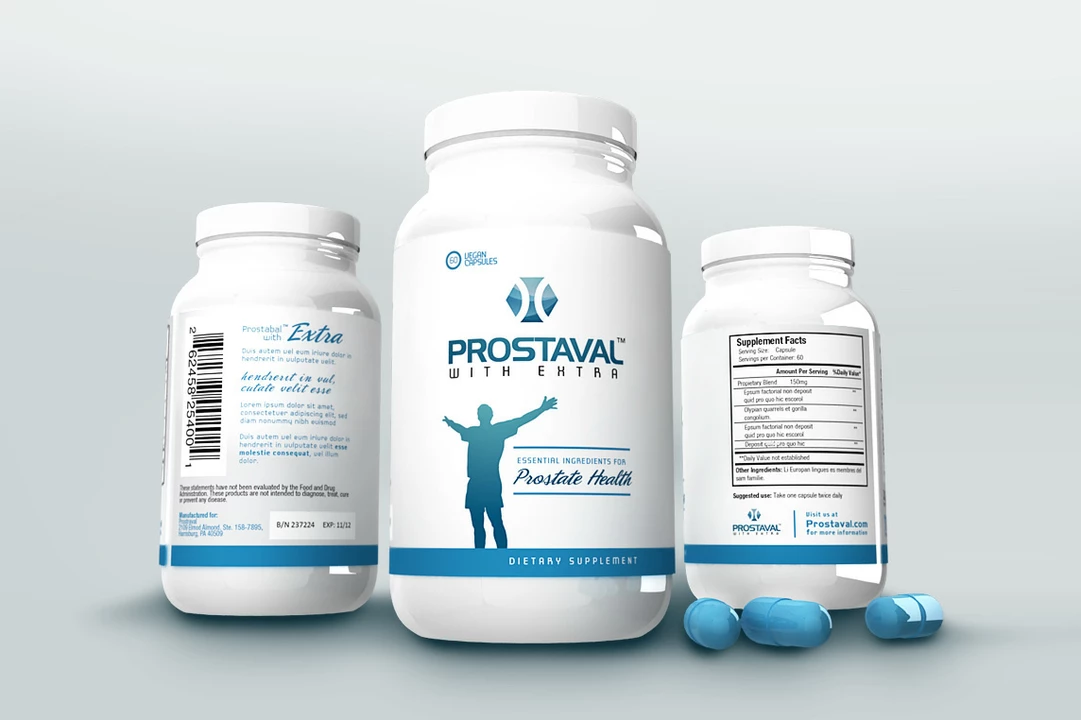Cancer Treatment: What Works Best for You?
If you or a loved one just got a cancer diagnosis, the first thing that pops into your head is probably “What now?” The good news is there are more ways to fight cancer than ever before. From classic chemo to cutting‑edge immunotherapy, each option has its own strengths and drawbacks. Let’s break down the main types so you can ask the right questions at your next doctor visit.
Understanding the Main Treatment Types
Chemotherapy is still a backbone of cancer care. It uses powerful drugs that travel through the bloodstream to kill fast‑growing cells. The upside? It can shrink tumors that have spread. The downside? Hair loss, nausea, and a feeling of being wiped out for a few days after each cycle. If you’re worried about side effects, ask your oncologist about newer “dose‑dense” schedules that aim to reduce fatigue.
Radiation therapy targets the tumor with high‑energy rays while sparing most surrounding tissue. It’s great for solid tumors that are hard to remove surgically. Modern machines can shape beams like a puzzle piece, cutting down collateral damage. Side effects often include skin irritation and temporary tiredness in the treatment area.
Immunotherapy taps into your own immune system to recognize and attack cancer cells. Drugs such as checkpoint inhibitors have turned once‑fatal cancers into manageable conditions for many patients. The catch? Not every tumor responds, and some people develop immune‑related side effects like colitis or skin rash.
Targeted therapy zeroes in on specific genetic mutations that drive cancer growth. Think of it as a missile aimed at the enemy’s weak spot. Tests called “molecular profiling” can tell you if your tumor carries actionable mutations, opening doors to drugs that are less toxic than chemo.
How to Choose the Right Approach
First, get a clear picture of your cancer stage and genetic makeup. Ask for a copy of your pathology report – it’s full of clues about which treatments might work best. Second, consider your overall health. If you have heart or kidney issues, some chemo drugs may be off the table.
Third, think about quality of life. Some patients prefer a short burst of aggressive treatment; others opt for slower, less invasive options that let them stay active longer. Talk openly with your care team about what matters most to you – whether it’s minimizing time in the hospital or keeping energy for family.
Finally, don’t ignore supportive care. Nutritionists, physical therapists, and mental‑health counselors can help you handle side effects and keep morale high. Simple steps like staying hydrated, eating small frequent meals, and gentle exercise often make a huge difference during treatment.
Bottom line: cancer treatment isn’t one‑size‑fits‑all. By learning the basics of each option, asking the right questions, and building a support network, you can steer your care toward what feels right for you.

Antineoplastons: The Life-Changing Dietary Supplement You've Never Heard Of
Caspian Mortensen May, 27 2023 13I recently came across a life-changing dietary supplement called Antineoplastons. They are naturally occurring peptides and amino acid derivatives that have been found to have potential cancer-fighting properties. Though not widely known, Antineoplastons are being studied in the field of alternative cancer treatments, offering hope to many patients. As a dietary supplement, they may help support the body's natural defense mechanisms against cancer. I highly recommend looking further into Antineoplastons if you're interested in exploring alternative health options.
More Detail